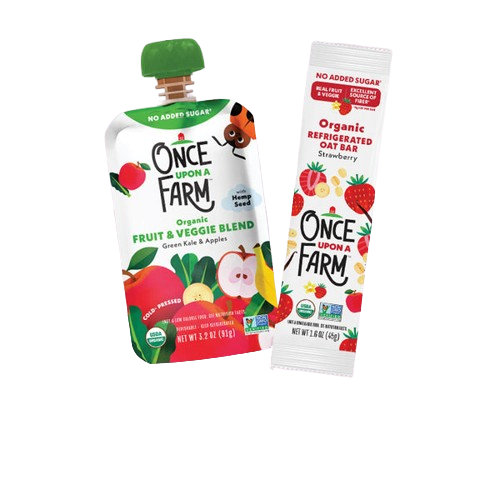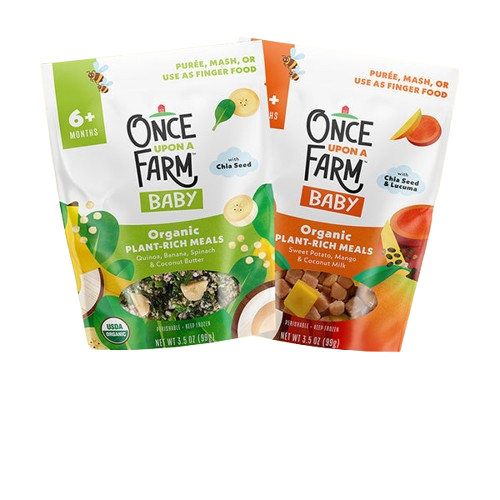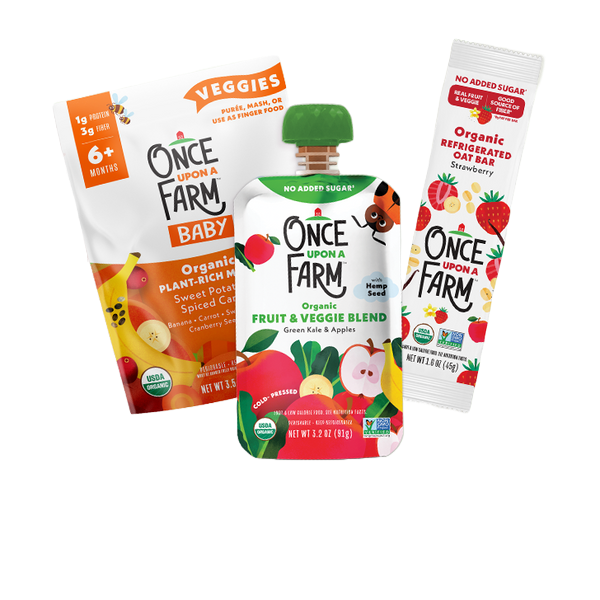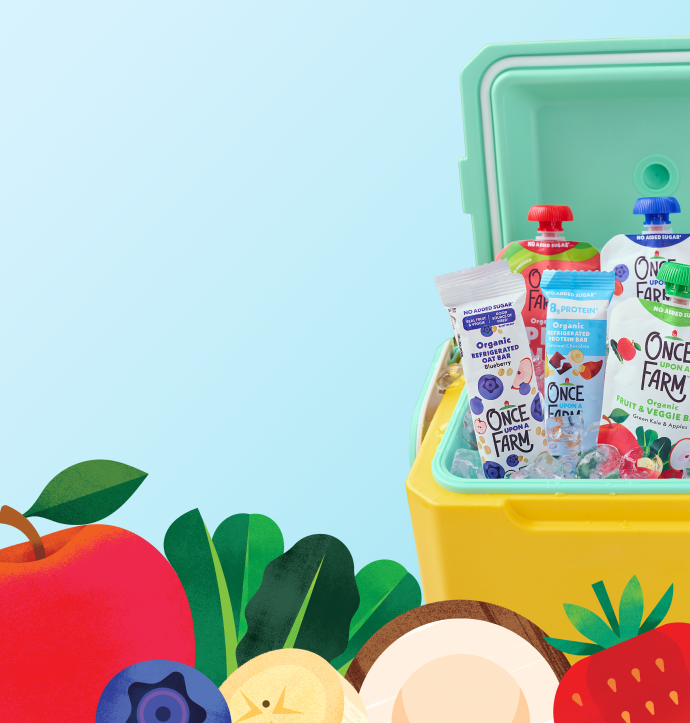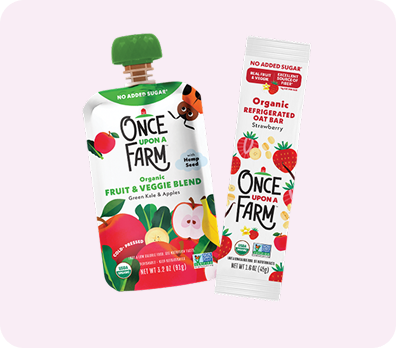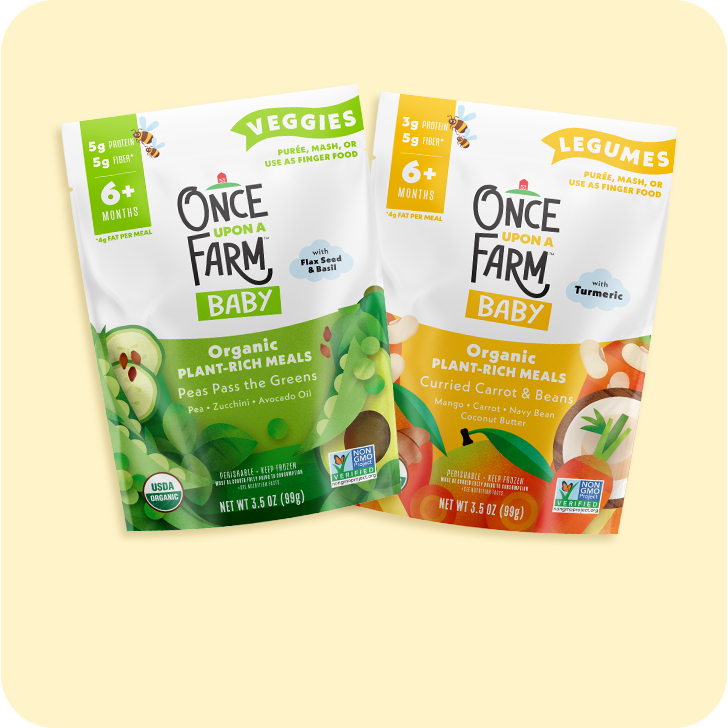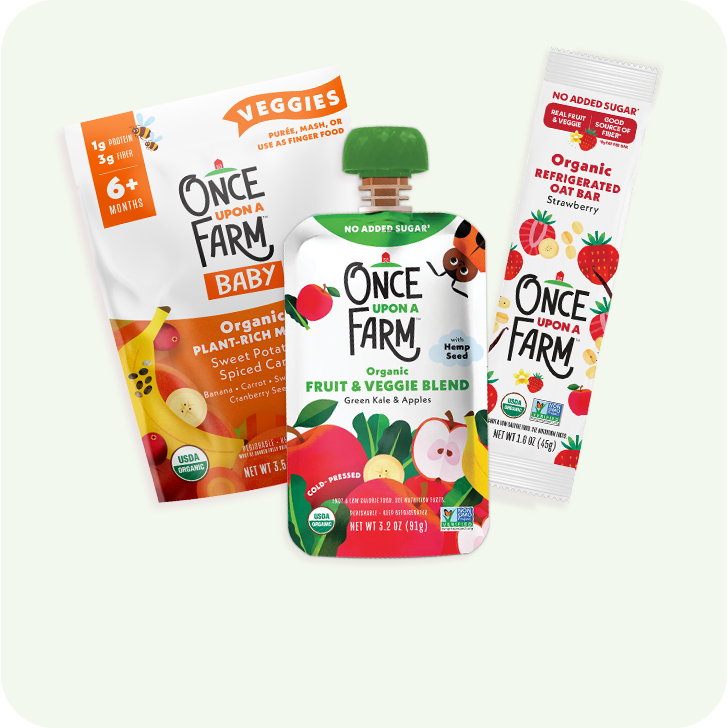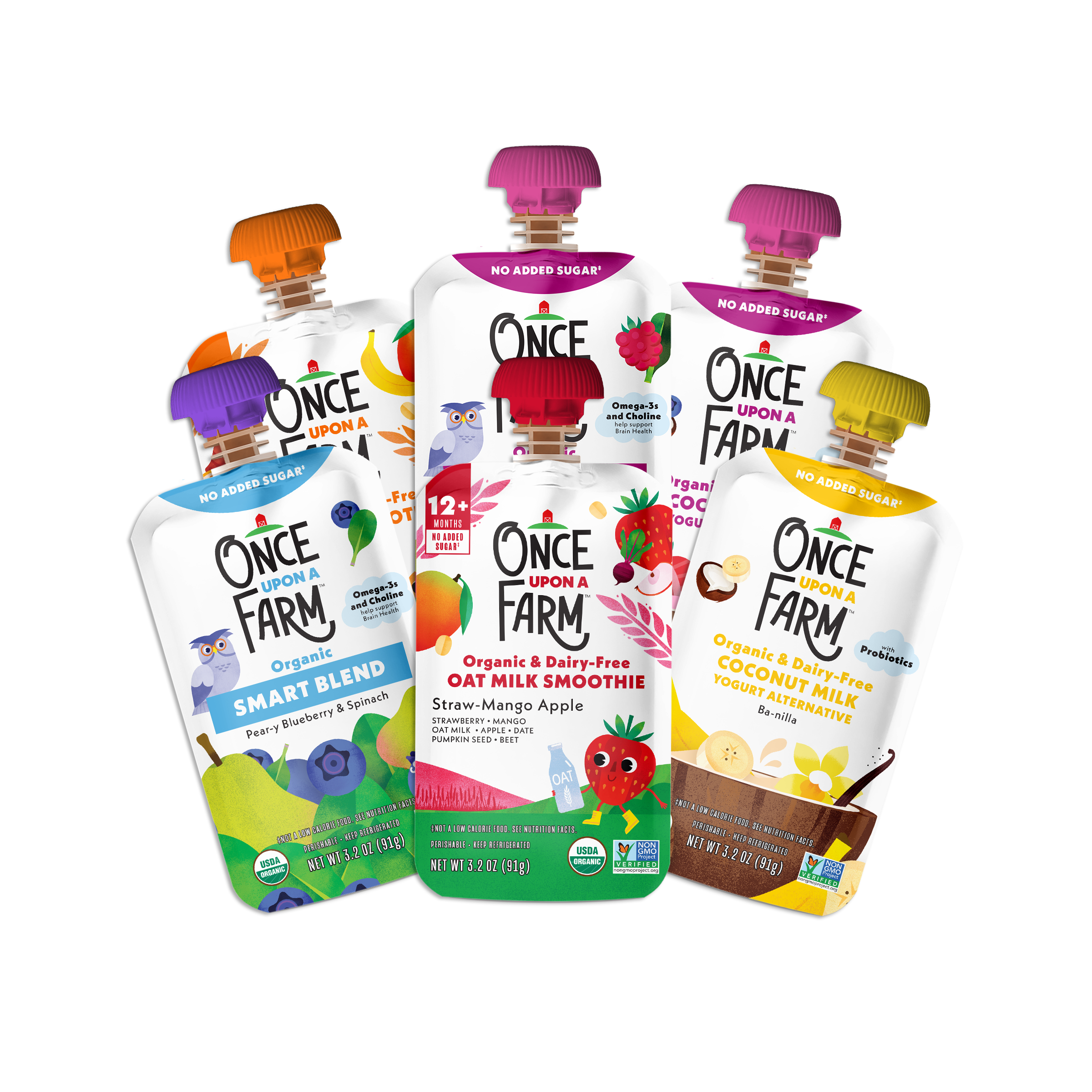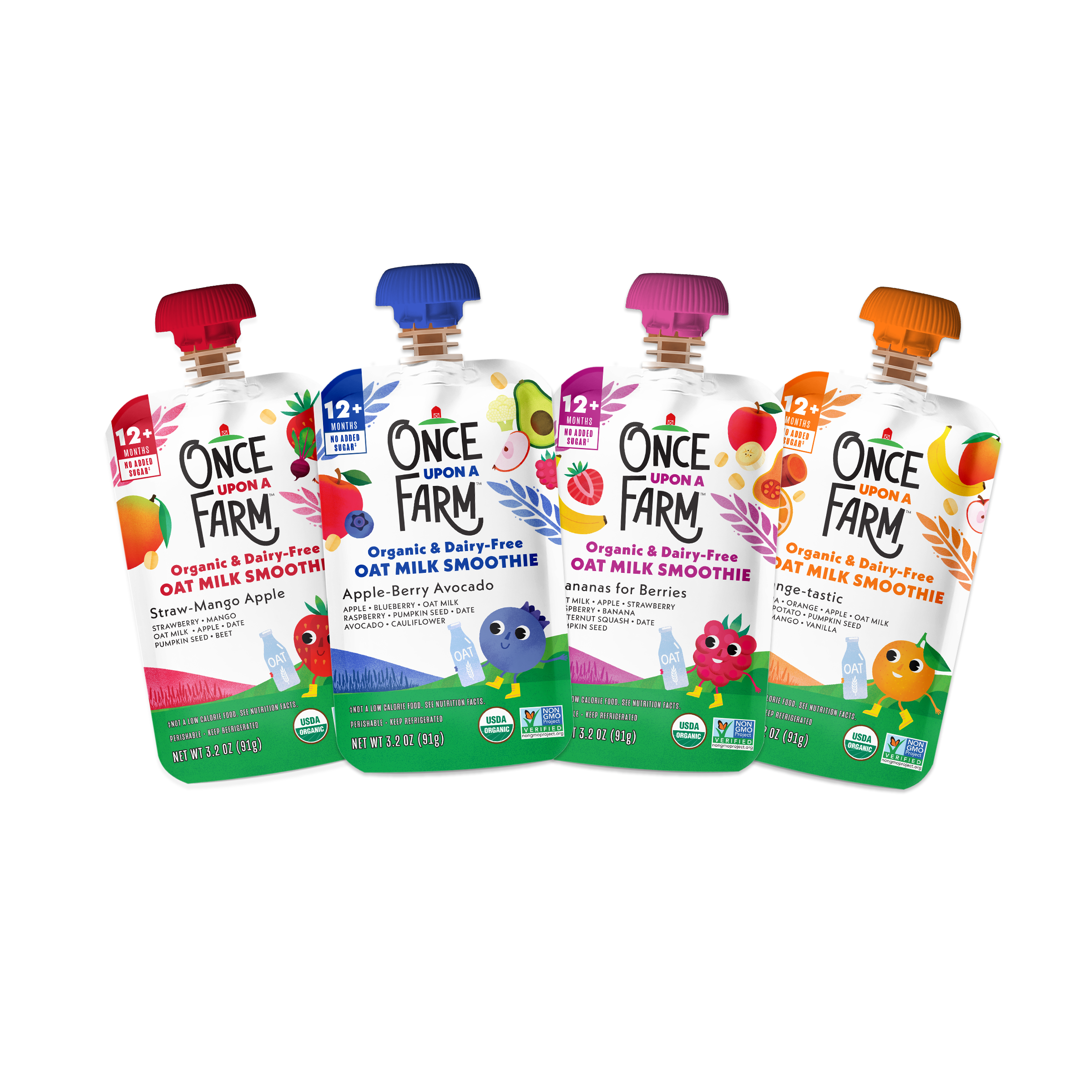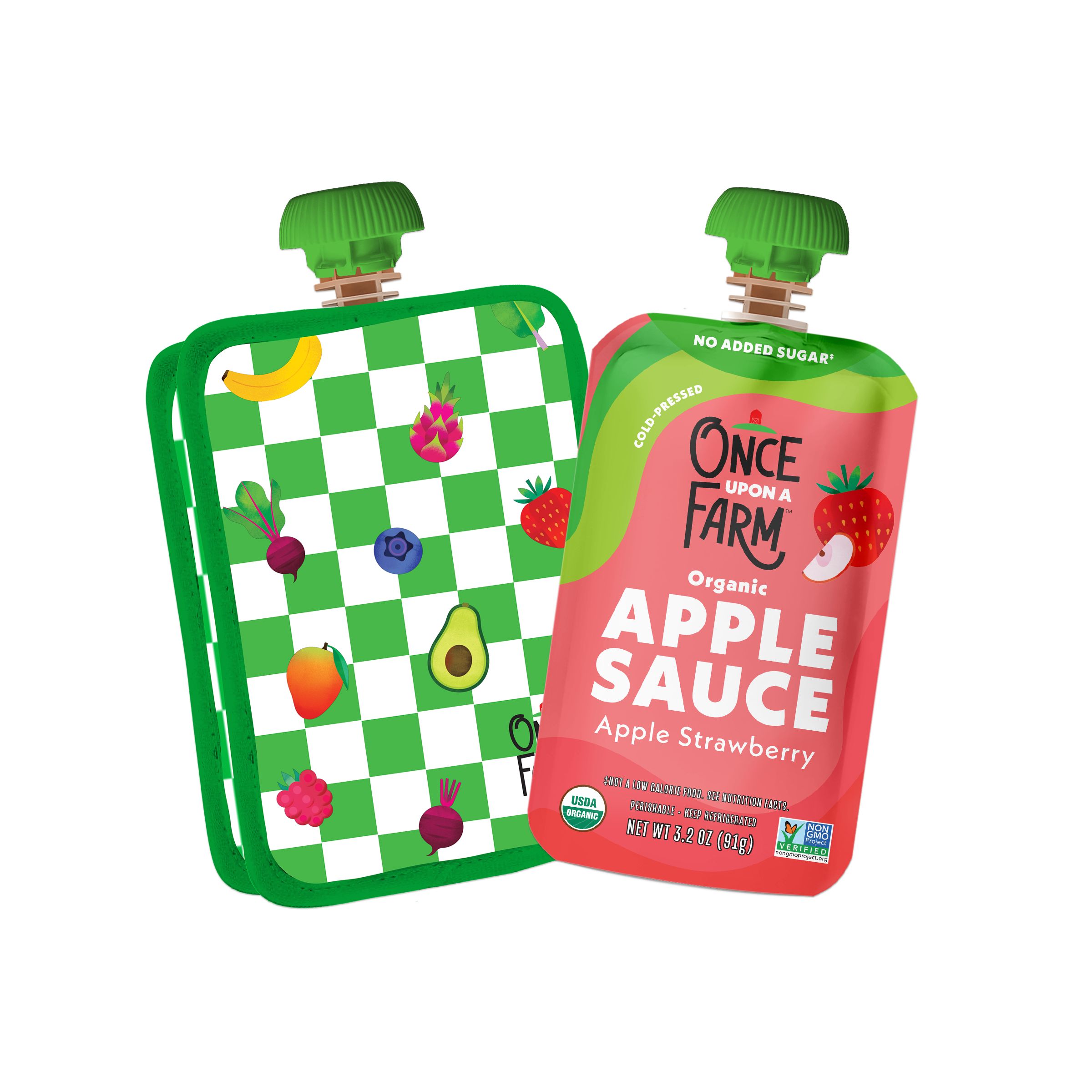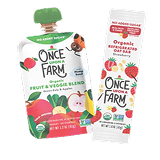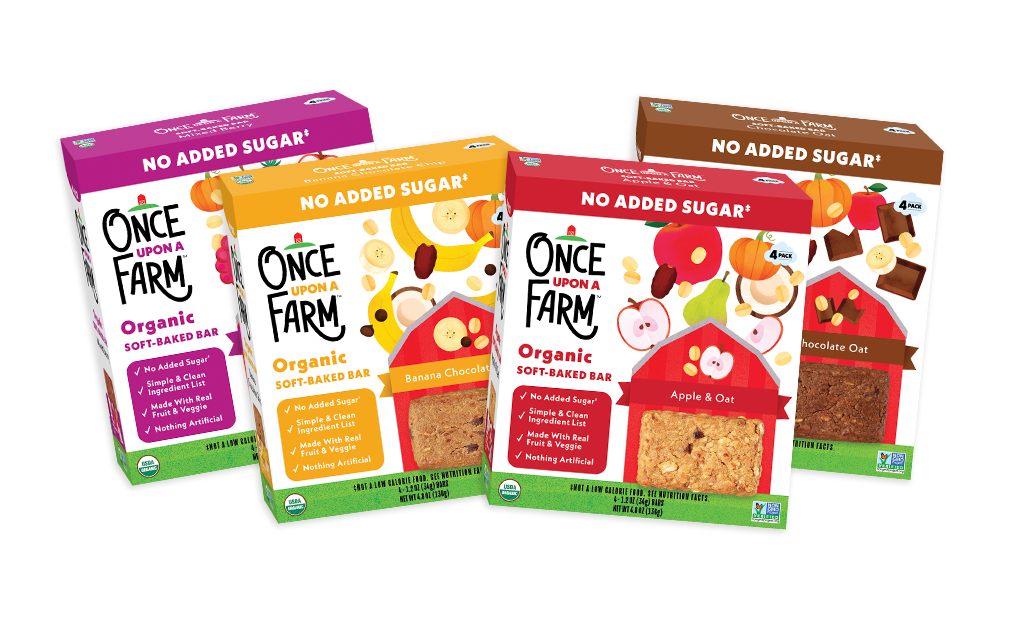If your baby is slapping the spoon away, sealing their lips, and upset at mealtimes, they are probably refusing to eat. It’s frustrating, worrisome, and scary when your baby won’t eat. You’re doing your best to offer solids, but nothing you’re trying is working. Usually, it’s just temporary, and most babies will become interested again, but here’s some help in the meantime. Read on to uncover eight reasons your baby doesn’t want to eat and what to do about it.
8 Reasons Your Baby Doesn’t Want to Eat
1. Your baby is too tired
Things don’t always go as planned. Your baby may have skipped nap time, and now it’s time to eat. Slow blinks and glazy eyes are in full effect while seated in the highchair. If your baby is overtired, there may be no interest in eating even though it may be time.
What to do: Allow your baby to nap if needed, and offer food again when they are awake and refreshed. It will be more of a pleasant experience once they have rested.
2. Your baby is distracted
As babies get older, they grow more aware of their environments. It’s not hard for a baby to become overstimulated by what’s going on around them. Older siblings, pets, electronics are all examples of things that may compete for their attention when it’s time to eat.
What to do: To help your baby eat, minimize distractions by feeding them during family meals without any electronics or phones nearby. Engage your baby by making eye contact and encouraging your baby by talking. Staying engaged will help you stay present and receptive to your baby’s needs as the parent or guardian.
3. Solid foods may not be developmentally appropriate
If your baby is under the age of 6 months and won’t accept the solids you offer them, there’s a chance they aren’t developmentally ready for solid foods yet. The American Academy of Pediatrics recommends introducing solid foods around six months of age (source).
What to do: Make sure your baby is developmentally ready for solid food. Signs of readiness for solids are good head, neck, and trunk control, interest in eating, and opening mouth when offered a spoonful of solids.
If your baby is six months or older and refuses solids, it may be time to change textures. Around seven months is an excellent time to give a greater variety of foods and textures (source). Introduce thicker baby foods with lumps, like lightly fork mashed butternut squash chunks. Check out our flexible plant-rich meals for babies and toddlers. You can purée, mash, or feed the meals as finger food—however your little one is eating these days. Never hesitate to contact your baby’s pediatrician if your baby is refusing food.
4. Your baby may be sick.
If your baby is battling a stuffy nose or tummy issues, their desire to eat may be at a zero.
What to do: Continue to offer breastmilk or formula to keep your baby hydrated and nourished. If they are also refusing liquids, call the pediatrician immediately. As their appetite gets better, give your baby Once Upon a Farm fruit and veggie blends to continue supporting their health and ensuring their getting highly nutritious food from a trusted source. Once Upon a Farm baby foods are organic, non-GMO, unsweetened, and Clean Label Project verified.
5. Eating may be painful or uncomfortable
Previously swallowed solid foods, breastmilk, and formula can come back up the throat and into your baby’s mouth. This condition is called gastrointestinal reflux (GER), which happens when contents of the stomach flow back up the esophagus. Most babies will experience GER (source). It can be painful and downright uncomfortable, causing your baby to become irritable. Gagging, choking, and coughing during feedings are signs of GER to watch out for (source).
What to do: Seek the guidance of your pediatrician. They can provide help and treatment to ensure your baby grows, thrives, and gets optimal nutrition.
6. Your baby might be constipated
We’ve all been there at some point. When you’re feeling stopped up, it’s hard to imagine eating any more food. Babies may experience constipation for several reasons. It could be an iron supplement or the lack of fluid and fiber in their diets. Some may get constipated if there’s a cow’s milk protein allergy.
What to do: If your baby is constipated, consult the pediatrician to rule out any chronic issues. You can offer your baby fiber-rich foods to help with digestion. Our Apple Baby Variety Pack provides two grams of constipation-fighting fiber in every pouch and delivers prebiotic apple purées to aid digestion.
7. Eating is stressful for your baby
Mealtimes can be stressful for both caregivers and infants. There may be some negative associations that your baby has with being fed that can be causing some stress. If your baby has had breathing tubes or tube feedings in the past, they may have extra feeding challenges due to negative associations to having things around their face. Excessive face wiping and force feeding will negatively impact babies and their feeding experiences.
Getting messy with eating allows for healthy exploration of foods and fun sensory play. If there’s food on their face--it’s okay. It’s all a part of building a healthy relationship with food and positive development for your baby.
What to do: Trust your baby to stop eating when they are full. Be patient during feeding time and slowly feed your baby while watching for signs that your baby is no longer hungry. Avoid forcing your baby to take another bite when they are uninterested. All of these principles are a part of responsive feeding. Responsive feeding stimulates food intake and creates a positive feeding environment for you and your baby to enjoy (source, source).
8. Your baby is bored
Feeding your baby new foods can be just as exciting as it is messy. It can be easy to fall into the routine of feeding the same foods over and over, especially if your baby shows great interest in specific solids. For the last few days, your baby gobbled up green bean puree without problems. Today, your baby refuses to eat it again. What happened?
What to do: Offer a greater variety of foods. The benefit of this is to regain your baby’s interest in solid foods and expose them to new tastes, textures, vitamins, and minerals. Awaken your baby’s taste buds and expand their palate with a custom subscription of cold-pressed blends or plant-rich meals. Our creative combinations can increase your baby’s interest and acceptance of vegetables.
The way you approach feeding your baby has the power to impact the way they eat in the future. When feedings get frustrating, take a deep breath and be patient with your baby. Feeding littles can be tricky, but with the right strategies, you’ll be able to provide a healthy feeding environment that will help your baby learn to love food. Once Upon a Farm cold-pressed blends and plant-rich meals can help save you time, so you can focus what’s truly important ⸻ creating positive mealtimes with your baby. We do the shopping, chopping, blending, and meal prep, so you don’t have to! Let us deliver your baby foods right to do your door⸻it’s just that easy.

